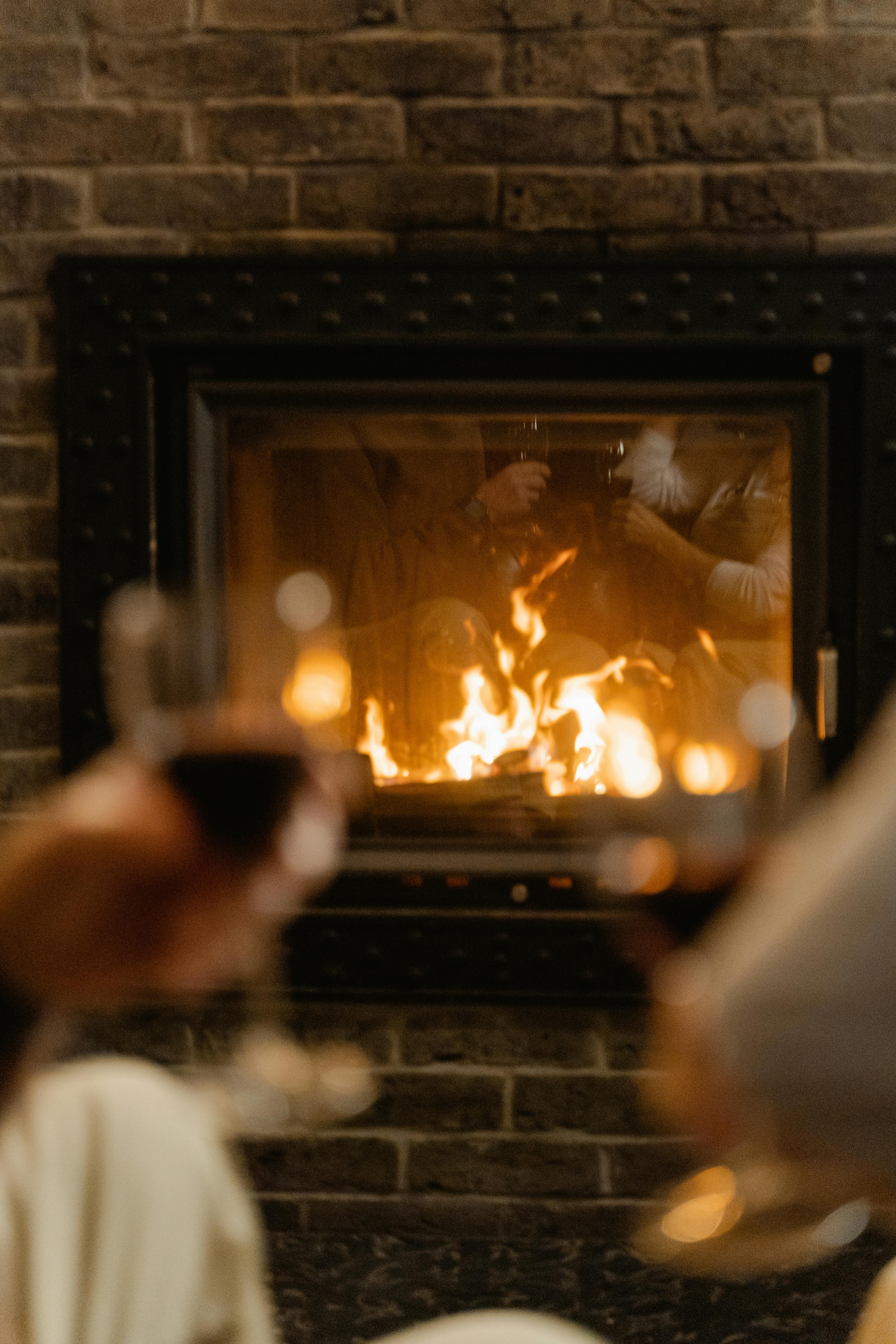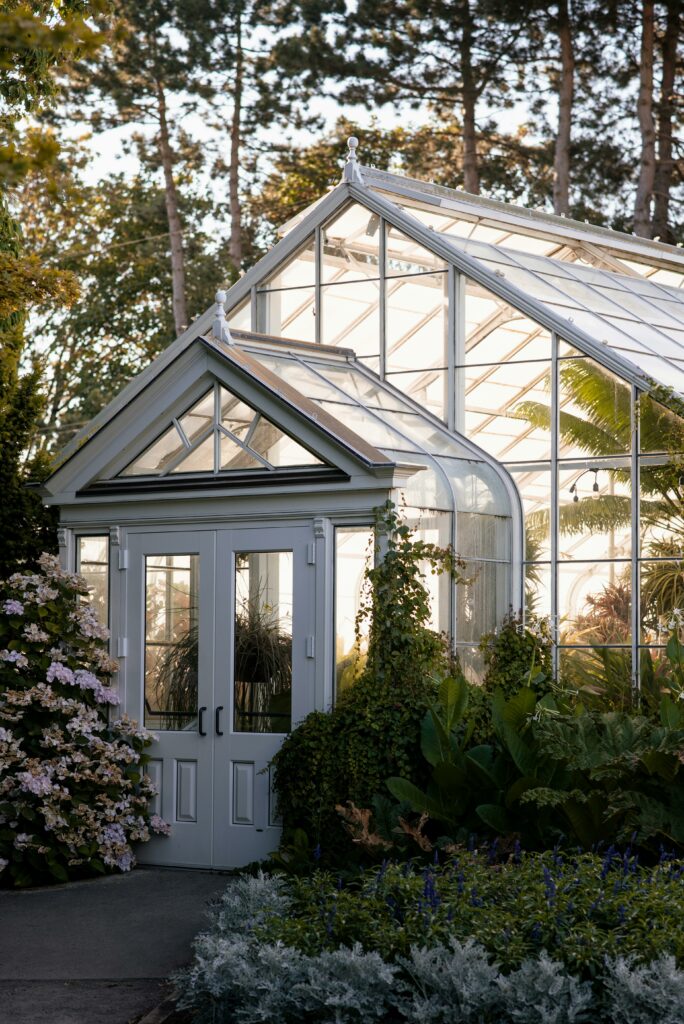Wear and tear, ageing, and gradual deterioration are part of life for both humans and properties. Since a typical high-value home policy does not cover such items, we recommend giving extra care to your high-value home this autumn and winter to keep it in great shape. As they say, prevention is better than cure.
By following the pre-emptive measures outlined below, you can help keep your home in top condition through the winter and beyond.
Boilers – Servicing and Maintenance
Looking after your boiler can save you money in the long run. This can reduce the risk of hefty repair bills if something were to go wrong suddenly while minimising your heating bill. Winter can be a busy time of the year for plumbers, so it’s best to avoid the rush by scheduling a maintenance visit with a Gas Safe engineer sooner rather than later. Boiler breakdown can be covered under the Home Emergency section of a high-value home policy, subject to the boiler having an annual service. Always refer to your policy for specific cover. Having the boiler serviced and testing the heating in October or November will prepare you for the winter months.

Top tip. If you’re not planning to be in the UK for the winter, consider implementing a smart device on your boiler so you can control the heating remotely. Even though you’re not occupying the house, you’ll want to maintain a consistent temperature of at least 15°C to prevent the pipes from freezing and bursting.
Gutters
Most days, we don’t even look at our gutters, but they’re highly influential in the proper functioning of any home. Blocked gutters can lead to dripping water, overflowing downpipes, and even cause dampness inside your home.
During autumn and winter when the leaves fall, your gutters are likely to become clogged with build-up, so regularly clear them to prevent potential damp issues – and other more expensive structural problems – at the source.
Log burners
If you have a chimney in use for a log burner or open fire, check the chimney is in good condition externally. Additionally, we recommend an annual chimney sweep and service by a HETAS-qualified engineer.
Some offer internal inspections using CCTV, and this is encouraged too, to check if there’s any default in the lining. It’s far cheaper to repair a chimney or wood burner than to rebuild or replace, respectively.
Smoke detectors
Regularly test your smoke and carbon monoxide detectors by pressing the ‘test’ button. This is especially important if you use a log burner or chimney frequently in the winter. If you have the budget, consider upgrading to interlinked smoke detectors. These can alert you to a fire in one part of the house when you’re in another, potentially reducing damage and saving lives. Additionally, you can install smoke detectors that will send alerts to your mobile phone if they are triggered.
Gardens and drains
Remember to take care of your garden furniture by storing it away during the wetter months to prevent damage from strong winds. Cover external pipes with foam to reduce the risk of freezing, especially if you’re leaving the UK for the winter. It’s a good idea to check external drain covers once a year for any signs of cracking, damage, or blockage. Lastly, secure sheds or outhouses with a good lock, particularly if you live in a rural area, throughout the colder and wetter months.

Outbuilding cover for high-value homes
Outbuildings are a part of your property, but separate from the main part of the home. These spaces can be used for a wide range of purposes, such as storage, workshops, or even garages. They can increase your property’s value but also bring additional risks. In this article, we discuss insurance for different types of outbuildings, and how to choose coverage that suits your personal need.
Lighting
As the days get shorter and the nights get longer, it’s increasingly important to make sure your home has a proper outdoor lighting system to adequately deter thieves and assist in visibility.
Passive infrared sensors (PIR) are a particularly good lighting option as they only switch on after detecting a presence on your property and remain off the rest of the time, saving you energy and money.
Storm proofing
Winter brings an increased risk of extreme weather such as floods, storms, sleet, and snow, which can lead to damage to your home. To prepare your property in advance, consider the following steps:
1. Fix any cracked or loose roof tiles.
2. Hire a tree surgeon to trim any trees or other growths that could cause damage in high winds.
3. Store away garden furniture and large items such as trampolines, swings, and climbing.
Contact us
Following these top tips can help prevent damage caused by gradual deterioration and wear and tear. However, there is only so much preparation you can do to protect your home before winter. When unforeseen accidents occur, we can help ensure you have sufficient high-value home coverage in place.
Get a quote now
Arranging insurance is always a complex business but Stanhope have made the process as helpful as we could ask for.
5 Star Review ReviewsIO
Sources
https://www.adrianflux.co.uk/blog/2023/10/how-to-prevent-frozen-pipes-and-bursts-in-unoccupied-homes
https://www.katiesweep.co.uk/cctv-inspectionhttps://www.solidelectrics.co.uk/blog/5-essential-aspects-outdoor-pir-lighting-comprehensive-guide

